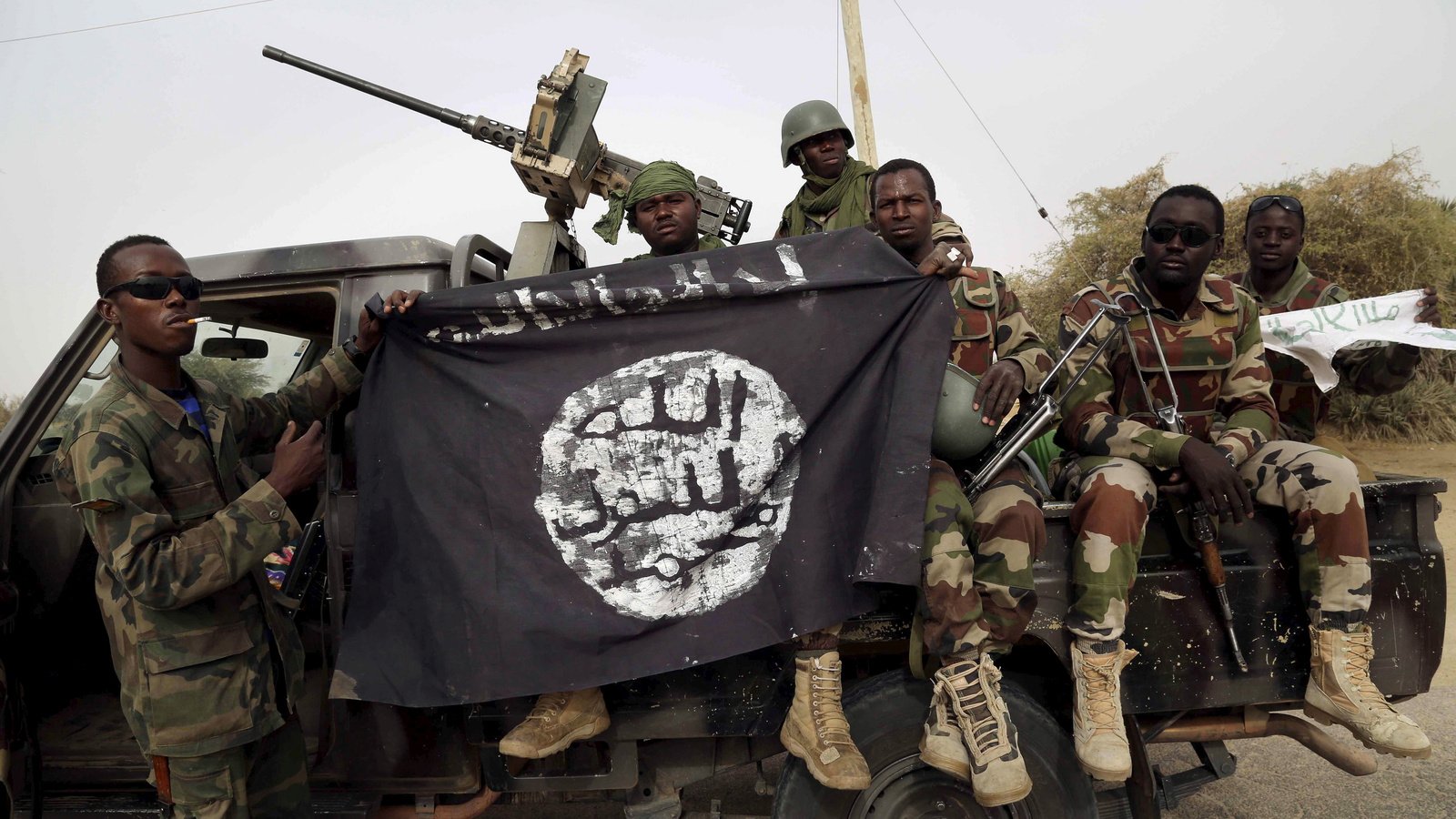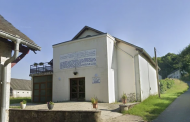Shaimaa Hefzy
Africa is still the focus of terrorist groups, as the continent has become a home for those fleeing the collapse of the alleged caliphate of ISIS in Syria and Iraq and a haven for terrorists fleeing prosecution in Libya, in addition to those aspiring to establish an organizational force on the ground.
On the shores of Lake Chad, which serves as the headquarters of the pro-ISIS group Boko Haram, rivers of blood continue to flow, with the increase in the rate of terrorist operations and casualties of the war with rebels and armed groups, which just days ago claimed the life of Chadian President Idriss Deby.
Boko Haram, which originated in Nigeria in 2009, has taken its bases on small islands spread in Lake Chad, which is surrounded by Nigeria, Chad, Niger and Cameroon, as part of the transfer of terrorist activity to neighboring countries, inflicting escalating losses in lives and money.
For years, Chad has faced the armed group that mainly targets the army, while the international presence through the counterterrorism coalition in the region has failed to reduce the attacks and their intensity.
The Chadian capital, N’Djamena, includes the headquarters of the French Operation Barkhane, which was launched in 2014, with a French presence almost permanently in the former colony.
Chad is also part of the five-nation force for the Sahel region, with Mali, Burkina Faso, Niger and Mauritania, and a joint multinational force backed by Westerners that includes Nigeria and Cameroon.
Amid this momentum in the fight against terrorism, Chadian President Idriss Deby, whose death was announced on Tuesday, April 20, decided to stop the participation of his country’s army in military operations outside Chad’s borders.
In official statements, Deby said, “Our soldiers are dying for the sake of Lake Chad and the Sahel. As of today, no Chadian soldier will participate in a military operation outside Chad.”
The Chadian army, which is considered one of the most effective armies in the region, is active alongside the joint force formed in 2015 with the other three countries bordering the lake (Nigeria, Cameroon and Niger).
The Chadian army also works within the alliance of the five Sahel countries against terrorists targeting Mali, Niger and Burkina Faso, and accordingly is considered an important ally of France’s Operation Barkhane in the region.
The extent of the war between terrorists and the Chadian government reached the point that, in March 2020, the Chadian authorities declared two provinces near Lake Chad a “war zone”, a measure that gives local authorities more influence to respond to terrorism.
The war between the Chadian army and Boko Haram has continued along Lake Chad since 2015.
In addition to terrorism, the country is also witnessing a conflict between different groups of farmers and livestock keepers in the provinces of Ouaddai and Sila in the east, and the Chadian army is also facing rebels and gold prospectors in Mount Tibesti in the north and on the border with Libya.








































admin in: How the Muslim Brotherhood betrayed Saudi Arabia?
Great article with insight ...
https://www.viagrapascherfr.com/achat-sildenafil-pfizer-tarif/ in: Cross-region cooperation between anti-terrorism agencies needed
Hello there, just became aware of your blog through Google, and found ...